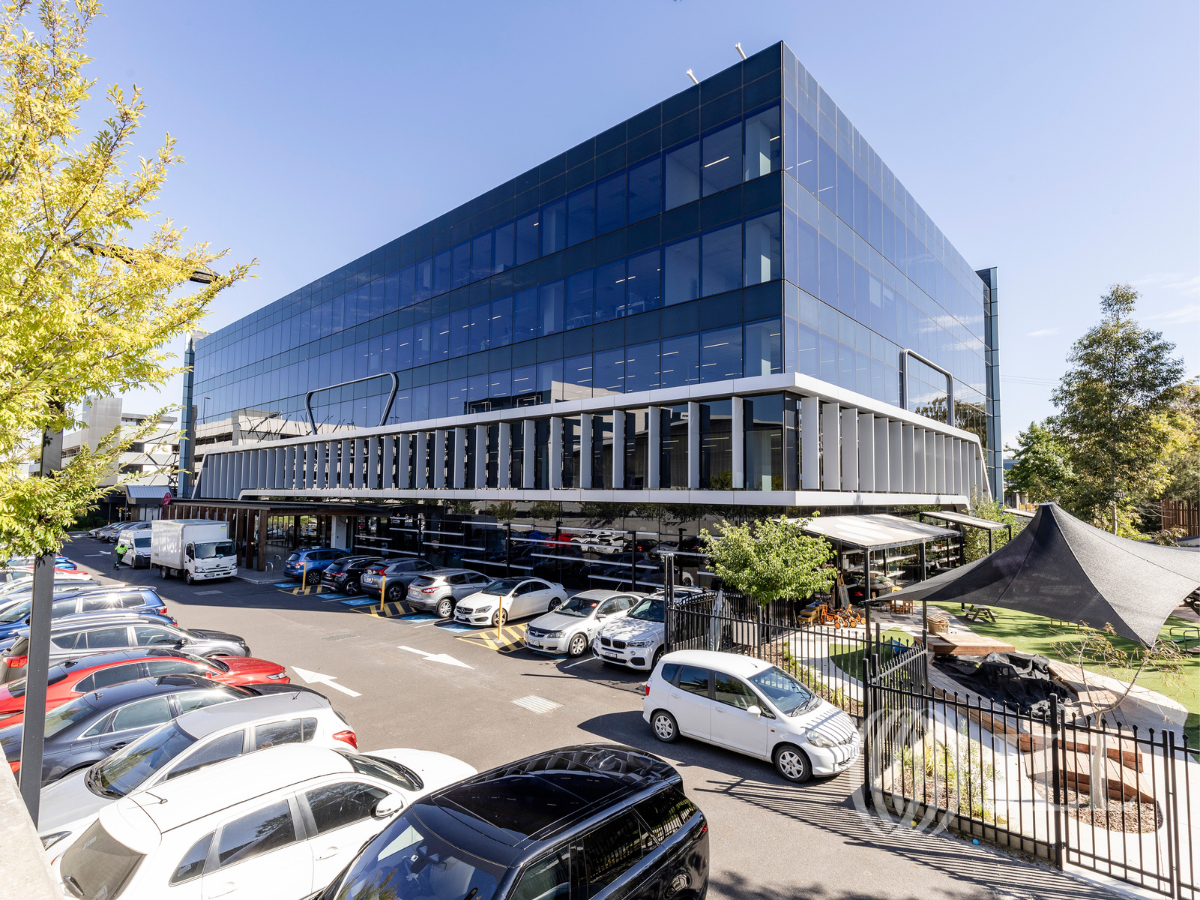5 big questions real estate is asking in 2021
In a year filled with uncertainty, the answers could help shape the months to come
At the start of 2021, the real estate industry has a lot to mull over.
Companies are grappling with work-from-home policies and the role of the modern office. Investors are contending with not only a global economic downturn, but the sweeping cultural shifts influencing how we shop, work and spend our free time.
And then there are the transformational developments that were taking place well before the health crisis. Remaining front-and-center are political upheaval, tech-driven disruption, and the push for more ambitious sustainability practices.
Amid the raft of questions about what’s in store for 2021, here are five prominent ones that JLL experts believe will play a big role in how the industry moves forward.
1. What exactly does remote working mean for the office?
As results from the great work-from-home experiment of 2020 are trickling in, one thing is clear: greater flexibility is set to remain.
Companies and employees are still figuring out the ideal office-home balance. Working from home is great, for example, because it eliminates the commute. On the other hand, people have made clear they like the office for collaborating or getting support from their managers.
"Work-from-home is not the panacea for satisfying all working needs and workstyles,” says Marie Puybaraud, director of global research at JLL.
This means offices need to be redesigned to meet new working patterns, while the concept of the “near office” – satellite offices close to where people live – is also on the ascendency.
Read more about how new jobs are appearing to manage new ways of working, companies are helping workers juggle childcare, and why landlords are racing to improve air quality in buildings.
2. Will urbanization stall?
People flocking to cities – now home to over half the world’s population – is one of the most important megatrends so far this century. Whether this mass migration could stall, or even reverse, has become a burning topic.
The pandemic “struck at the heart of what cities are all about: togetherness, connectivity, shared services and shared spaces,” says Jeremy Kelly, a director in JLL Global Research.
Yet urbanization will continue, he says. Big cities are expected to retain their pulling power, continuing to attract ambitious people for work and education.
But there are caveats to continued growth. For instance, it’s likely that cities will spread out into networks of suburbs and smaller cities, what Kelly calls “distributed urbanization.” Part of this ties back into the rise of remote working and digitization, which enables such a shift.
Looking for more insights? Never miss an update.
The latest news, insights and opportunities from global commercial real estate markets straight to your inbox.
“Innovation will be crucial to city resilience and success,” Kelly says. “Real estate will continue to play a key role in knitting together successful and emerging innovation hotspots with space that attracts talent, boosts productivity, and encourages collaboration.”
3. Where are investors setting their sights?
How investors refocus during an economic downturn is always closely watched. In 2021, a cautious-but-confident approach is expected to continue, supporting demand for premium office buildings in big cities.
There has also been a shift toward sectors that became increasingly important during the health crisis. Logistics assets, already one of the hottest sectors in recent years, are set to receive increased allocations amid the boom in online shopping. Data centers, multifamily and life sciences real estate are also increasingly in investors’ crosshairs.
After a year when investors stayed closer to home, cross-border investment could rise again in some markets. For instance, “while demand from foreign investors in China dipped in 2020, we’ve already seen a return of interest in the second half of the year,” Sigrid Zhou, director, investment research, China, JLL. “If all goes well we’d expect that to continue.”
Non-bank lenders are increasing activity in commercial real estate markets as traditional banks take a step back amid economic uncertainty. Alternative lenders are helping investors appropriately underwrite and price risk in the face of leasing uncertainty, while benefiting from comparatively greater risk-adjusted returns than corporate bonds or equities.
4. Will corporate sustainability efforts continue apace?
When money gets tight, initiatives supporting the environment can be among the first to get sidelined. But despite difficult times ahead, companies and investors are expected to stay the course.
“A sustainable future is our only future, and the companies who don’t make the pivot to carbon-neutral investments now will assume even greater risk to their bottom line,” says Neil Murray, CEO, Work Dynamics at JLL.
In real estate, assets with high ESG (environmental, social and corporate governance) ratings can attain a 33 percent rental premium over comparable non-green certified buildings, according to JLL.
“The real estate sector must play a critical role in creating a decarbonized environment — helping society prepare, respond, re-enter and ultimately re-imagine a sustainable future,” Murray says.
Read more about how investment managers are ramping up their green credentials, and the real estate industry is protecting cities from climate change.
Investment Opportunities
5. What role will technology play in real estate?
Technology for years has become increasingly intertwined with office buildings, malls and warehouses. This is only going to accelerate in 2021.
Landlords and tenants will increasingly adopt smart building tools, and consequently, better understand how safe and healthy their spaces are, as well as how they are being used by workers.
Technology like the digital twin is monitoring utilization as well as undertaking maintenance optimization. Meanwhile, virtual tours have picked up steam, while contactless technologies are becoming standard.
“Facial recognition and biometric scanning for access control are no longer on the wish list, but the current expectation,” says Richard Fennell, head of strategy development, Australia and head of PAM – Australia.
Read more about how new metrics are capturing the human side of the office, and retailers ramped up digital efforts over the holiday season.
Contact Marie Puybaraud
Director of global researchWhat’s your investment ambition?
Uncover opportunities and capital sources all over the world and discover how we can help you achieve your investment goals.




